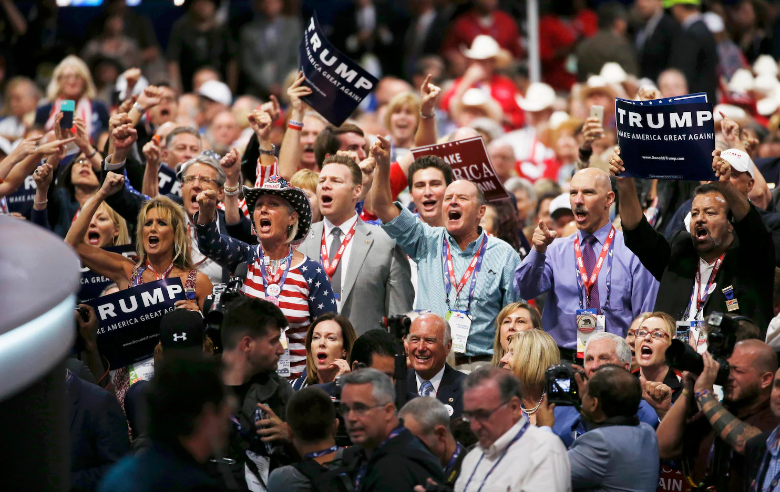Eric Thompson Show Podcast
In a contentious episode that underscores the ongoing tensions between the mainstream media and the Trump administration, CNN abruptly terminated an interview with Karoline Leavitt, a former Trump campaign press secretary, after she criticized network anchor Jake Tapper. The incident, which unfolded live, has sparked debate about media impartiality and the boundaries of political discourse on major news platforms.
The confrontation began during an interview on CNN’s “State of the Union” with host Kasie Hunt. Leavitt was discussing the Republican primary debates when she veered into a critique of Tapper, who had moderated a previous debate. Leavitt accused Tapper of bias against conservative viewpoints, suggesting that his moderating was slanted and unfairly targeted Republican candidates.
“Jake Tapper’s role as a moderator was more akin to a partisan player than an impartial journalist,” Leavitt asserted. This remark prompted Hunt to interject, attempting to steer the conversation back to the intended topic. However, Leavitt persisted in her critique, leading Hunt to end the interview prematurely.
“We invited you here to discuss the debates and the future of the Republican Party,” Hunt said, cutting off Leavitt. “Attacks on my colleague Jake Tapper are not productive.”
Leavitt’s comments reflect a broader sentiment among conservatives, who have long criticized mainstream media outlets like CNN for perceived bias. They argue that such bias influences public perception and skews the political landscape. This latest incident is likely to reinforce these views within conservative circles.
The incident quickly gained traction on social media, with supporters of Leavitt and Trump lauding her for speaking out against what they perceive as media double standards. Critics, however, argue that the outburst was unprofessional and diverted attention from substantive political discussion.
Numerous MAGA-aligned accounts responded to the tweet by criticizing CNN, calling the network “trash” and “disgusting and disgraceful.”
MAGA war room, a popular pro-Trump account on X, formerly Twitter, wrote: “CNN is afraid of people knowing the truth.”
Rich Zeoli, a Philadelphia radio presenter who has interviewed Trump in the past, said in a post on X: “Now that’s just rude, CNN. Throwing @kleavittnh off like that? Coward News Network?”
The incident has also reignited debates about the role of journalists and moderators in political discourse. While moderators are expected to challenge candidates and hold them accountable, accusations of bias can undermine public trust in the media. This balance is particularly precarious in the highly polarized political environment of today.
Supporters of Tapper and CNN argue that the network has a duty to ensure that interviews remain focused and respectful. They assert that Leavitt’s comments were an attempt to deflect from discussing the actual content of the debates and the policies of the candidates.
However, the conservative viewpoint highlights a perceived pattern of media behavior that unfairly targets their leaders and ideology. This belief is not unfounded, as studies have shown that media coverage can often be more critical of conservative figures compared to their liberal counterparts. This perceived imbalance fuels distrust and exacerbates divisions between media outlets and conservative audiences.
CNN’s decision to cut the interview short is indicative of the broader struggle between maintaining journalistic integrity and navigating the contentious landscape of modern American politics. It raises important questions about where to draw the line between valid criticism and unacceptable behavior during interviews.
As the 2024 election cycle heats up, incidents like this are likely to become more frequent, reflecting the deepening divide in American political and media landscapes. For now, Leavitt’s criticism and CNN’s response serve as a microcosm of the larger battle over media bias and political discourse in the United States.


